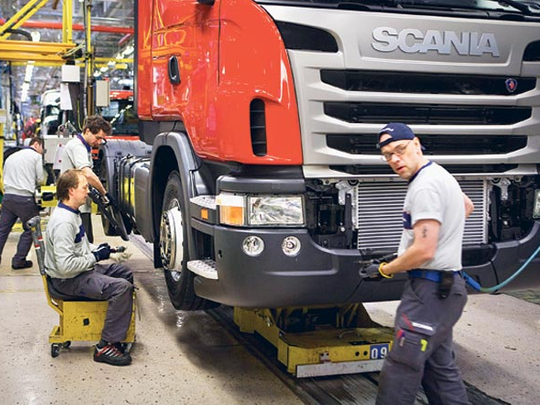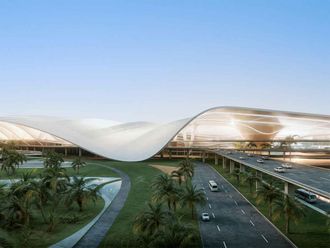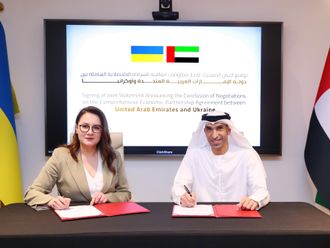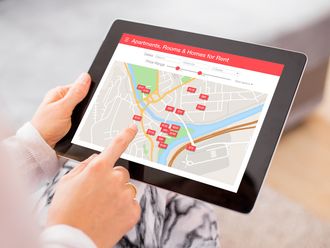
Stockholm: Scania, the Swedish truckmaker controlled by Volkswagen, is considering selling buses in India to add to its existing line-up of construction trucks.
Scania, which also wants to expand sales of dump trucks in India, is conducting a study of the market, Klas Dahlberg, head of sales and marketing for the Middle East, northern Africa and southern Asia, said in an interview. Options include assembling vehicles locally from parts brought in from abroad. The study may be completed in six months, he said.
"If you've been to India and seen the traffic scene, you understand that public transport must somehow be expanded," Dahlberg said. "We think we have an opportunity to sell buses to the Indian market."
Soedertaelje-based Scania entered India in 2007, selling trucks to mining and construction companies, in a bid to challenge market leaders Tata Motors and Ashok Leyland. Its sales amount to 250 to 300 dump trucks a year, compared with Scania's global deliveries of heavy trucks last year of 36,807 vehicles, and 6,636 buses and coaches.
Before the global econ-omic crisis began in 2008, Scania had a long-term goal of selling 150,000 trucks and buses annually. The company still aims to reach that goal by the "next peak in demand", and India may become key to reaching the target, Dahlberg said.
Scania's net income fell 87 per cent last year to 1.13 billion crowns (Dh579 million) as net revenue fell 30 per cent to 62.1 billion crowns.
"The tipper-truck market will probably grow since India has such enormous assets of minerals, coal and other raw materials," Dahlberg said by phone from Stockholm March 19. "In the future, India probably will contribute significantly to Scania's global volume goal."
Gross domestic product growth in India may accelerate to 8.2 per cent in the 12 months starting April 1 from an estimated 7.2 per cent this year, according to Finance Ministry forecasts. Production at factories and mines rose 16.7 per cent in January. Signs are "positive" for entering new markets in India, while no decision has been reached, Dahlberg said.
Scania is conducting the study together with Larsen & Toubro, its local dealer. The Swedish company may use Larsen & Toubro or another distributor should it expand into new segments in India, he said.
Scania's heavy transport trucks, the company's biggest business globally, face less favourable market conditions in India, Dahlberg said.
Trucks in the country typically travel shorter distances per year than in Europe, largely because narrower roads and state-border controls slow down transport, he said. European-made freight vehicles offer the best economic advantage when they can be heavily used, he said.
Asia's third-biggest economy is spending about $53 billion to build and upgrade 54,454 kilometres of highway.












